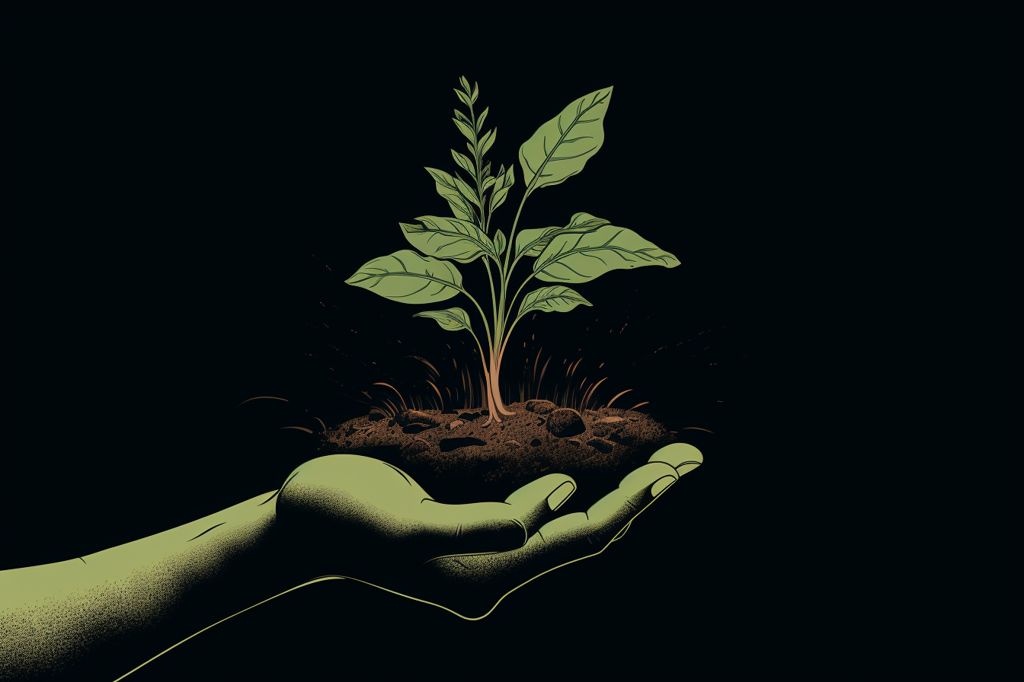The Unemployment Insurance Fund (UIF) has been offering financial assistance to workers in the North West province since March 2020. The COVID-19 pandemic has had a significant impact on the economy, and the UIF has disbursed R2.1 billion in aid through its COVID-19 Temporary Employer-Employee Relief Scheme (COVID-19 TERS), benefiting 457,546 workers.
Additional Funds for Unemployment, Maternity, Illness or Death Benefits
The UIF has also provided an additional R601 million to 139,629 workers and their beneficiaries for unemployment, maternity, illness, or death benefits during the 2022/2023 financial year.
Sectors Receiving Support
The top 10 sectors receiving the R2.1 billion aid were Mining, Personal Services, Trade, Construction, Banking, Professional Services, Iron, Agriculture, Educational, and Charities. The UIF has distributed R64 billion nationally, benefiting at least 5 million workers via COVID-19 TERS.
Efforts to Combat Fraudulent Activities
To ensure proper allocation of COVID-19 TERS funds, forensic auditors from the UIF’s office continuously scrutinize companies within the province and nationwide. As of now, audits have verified R17.5 billion of the R64 billion spent as legitimate payments.
However, fraudulent activities have surfaced during the audit process, such as ghost employees, inflated salaries, terminated employees, and ineligible essential service companies. UIF implements various measures to address non-compliant employers, including criminal investigations, refunds of COVID-19 TERS funds, blocking access to UIF’s services, and blacklisting from UIF-related business interactions.
Disciplinary Actions Against UIF Officials
UIF also deals with internal disciplinary cases, targeting officials implicated in fraud or bribery allegations. According to Bernice Matlhako of UIF’s Risk and Fraud Unit in North West province, two officials have been dismissed, two others are suspended, and five are under disciplinary hearings. UIF has a zero-tolerance approach to fraud and corruption.
Reporting Fraudulent or Corrupt Activities
To report fraudulent or corrupt activities, UIF encourages the public to call their UIF Fraud Hotline (0800 601 148) or the Department of Employment and Labour hotline (0860 666 883).
UIF’s Mandate
UIF is an entity of the Department of Employment and Labour, and its primary mandate involves providing short-term financial relief to eligible and contributing workers and their beneficiaries. With billions of rand distributed to workers in the North West province, UIF continues to play a vital role in mitigating the pandemic’s economic aftermath.












